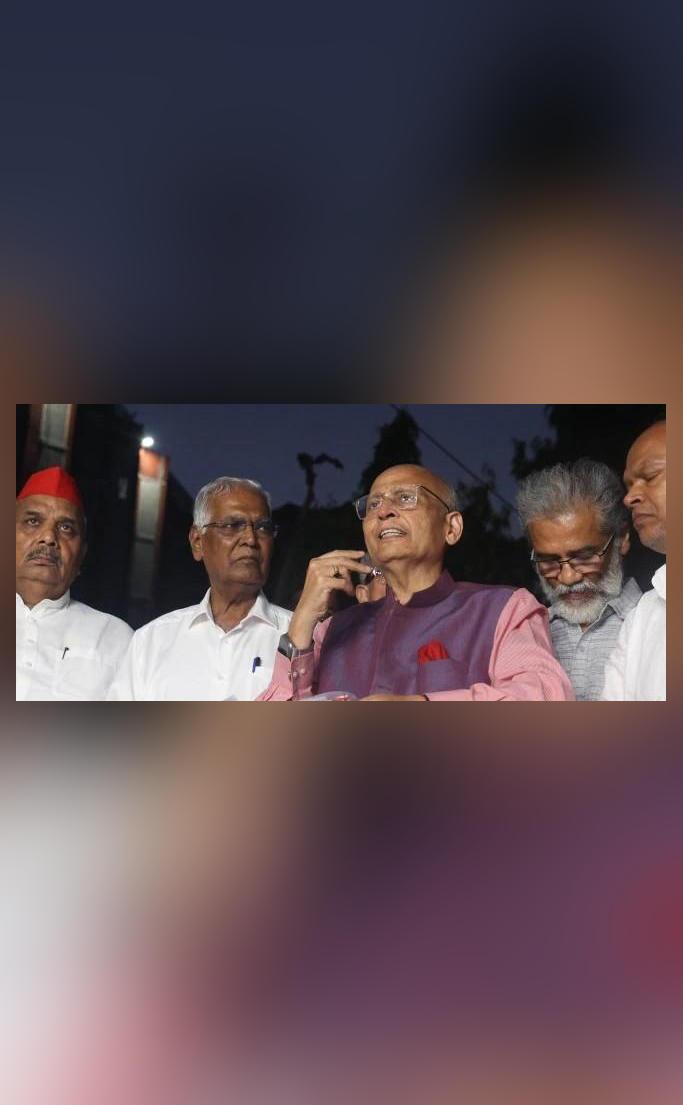
2 Crore Voters May be Disenfranchised in Bihar: I.N.D.I.A bloc
The Election Commission of India’s (EC) decision to revise the electoral rolls in Bihar has sparked concerns among leaders of the I.N.D.I.A bloc, who fear that up to 2 crore voters may be disenfranchised in the process. The bloc, which represents various minority communities in the state, has alleged that the timing of the exercise is flawed and may lead to a significant number of voters being left off the rolls.
According to reports, the I.N.D.I.A bloc leaders met with the EC to express their concerns and opposition to the special revision of electoral rolls in Bihar. They argued that the poll authorities have not given sufficient time to voters to gather the necessary documents and proof of identity to update their records.
The bloc leaders claimed that the EC’s decision to conduct the revision exercise in a short span of 15 days may not give voters sufficient time to collect and submit the required documents. This, they feared, could lead to a large number of eligible voters being left off the rolls, thereby disenfranchising them.
The I.N.D.I.A bloc leaders also pointed out that the revision exercise is being conducted during a time when many voters are away from their homes, either due to seasonal migration or other reasons. This, they argued, would make it even more challenging for voters to obtain the necessary documents and update their records.
The bloc leaders also raised concerns over the lack of awareness among voters about the revision exercise. They claimed that many voters are not aware of the process and may not be able to take the necessary steps to update their records.
The opposition to the EC’s decision to revise the electoral rolls in Bihar has led to a standoff between the poll authorities and the I.N.D.I.A bloc. The bloc leaders have demanded that the EC reconsider its decision and give voters more time to update their records.
The EC, however, has maintained that the revision exercise is necessary to ensure the accuracy and integrity of the electoral rolls. The poll authorities have also argued that the 15-day period is sufficient for voters to gather the necessary documents and update their records.
The dispute between the EC and the I.N.D.I.A bloc highlights the challenges faced by poll authorities in ensuring that all eligible voters are able to exercise their franchise. The issue also underscores the need for greater awareness and education among voters about the electoral process.
The I.N.D.I.A bloc’s concerns about the revision exercise in Bihar are not unfounded. In recent years, there have been several instances of electoral rolls being revised or updated without sufficient notice or awareness among voters. This has led to reports of voters being left off the rolls or being unable to exercise their franchise.
The EC’s decision to revise the electoral rolls in Bihar has also raised concerns about the potential impact on the state’s electoral process. Bihar has a significant number of voters who are eligible to vote but may not be able to exercise their franchise due to various reasons.
The I.N.D.I.A bloc’s opposition to the EC’s decision to revise the electoral rolls in Bihar is a timely reminder of the need for greater awareness and education among voters. It is also a reminder of the importance of ensuring that all eligible voters are able to exercise their franchise.
In conclusion, the I.N.D.I.A bloc’s concerns about the revision of electoral rolls in Bihar are valid and need to be addressed by the EC. The poll authorities should reconsider their decision and give voters more time to update their records. It is also essential to increase awareness and education among voters about the electoral process to ensure that all eligible voters are able to exercise their franchise.






